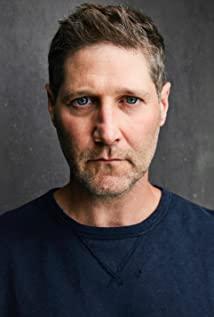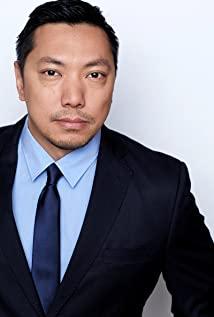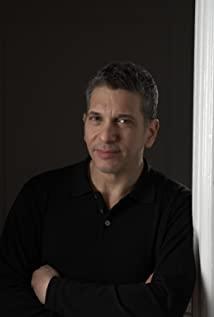The vast majority of members of society regulate their behavior in accordance with certain conventions and ethics.
But they are weak. In the face of greater power, under moral pressure, and under the watchful eye of other decent members of the society, they deal with other people’s wrongdoing of themselves, when dealing with injustices caused by social mechanisms, and When dealing with one's own psychological harm to one's own demands, it is often avoided. They turned to leave and fled the scene. When they deal with their unrequited love and desire, when dealing with male animals’ instinctive desire for alpha male status, when dealing with things that have to be done but condemned, they suppress themselves, and they find all kinds of excuses to tell themselves: My heart is wrong.
In fact, the most important spiritual contribution of our human civilization is often the denial of our innate emotions and desires. Christianity, Buddhism, Islam, all kinds of moral codes, can't be better.
However, these depressed and self-repressed people still have illusions, fantasizing about an ideal self, an incarnation with the power, determination, and courage that can make all these troubles disappear. Thus, there are Chinese chivalrous novels, Hong Kong gangster movies, and Americans' moral condemnation and spiritual worship of the Italian mafia. Although in reality, most of the time, they are just a last resort to earn a living, but in the eyes of artists, they have incomparable attraction because of their contempt for and trampling on the social order. Because they arouse people's attention to the repressed, blamed, but indispensable part of human nature, they make people complete and make people who are castrated by society bewitched.
The psychologist in The Sopranos actually plays an ultimate existence. When she analyzed his depression to Anthony Soprano, she was actually telling everyone's depression, but other people were already numb or turning a blind eye, but Anthony couldn't, because he was the embodiment of these weak people's ideals. The psychiatrist’s psychologist is the embodiment of the “conscience” and decency of this society. He is telling Jennifer Melfi: You should suppress yourself, and you should turn your value judgment into what this society needs you to have. Condemn your patient, give up contact and salvation with this person who has escaped the shackles of society, and let him fend for himself. In a religious sense, Anthony is a pagan living in Christendom, the Neo and his crew who escaped from Matrix, but they are the real voters living in Zion.
But Melfi was deeply attracted by Anthony and couldn't let go. Part of it was the attraction to the ideal represented by Anthony, and the other part was the worship of Anthony's existence, his power, his enthusiasm, his persistence, and his spiritual worship. But Melfi is an objective existence, and what she represents is the perception of an existence beyond society when peering into the confusion of human beings. She cannot finally make a value judgment. Therefore, she could not completely accept Anthony's world. When she was raped and did not get justice, she did not choose to let Anthony use his principles to conduct the trial. Although she had great illusions about Anthony's power at this time, she could not change her neutrality principle. When she ended the doctor-patient relationship with Anthony, she also couldn't become Anthony's lover, because she was also unwilling to make the final value judgment, whether to agree or disagree.
This actually embodies the neutrality principle of the entire The Sopranos play. It can be praised, but it cannot be judged. I don't know how to say it. Is it the tragedy of American pop culture, or the tragedy of American political correctness, or the tragedy that the media can never break through and become a tool of thought control.
However, the world will be different because of this drama. Some people compare it to the great magna opus of Shakespeare, rather than the revolutionary like Erasmus. Because, in this post-Christian society in the United States, it once again enhances people's understanding of human nature, or more precisely, it is like Erasmus, but it confirms human nature more completely.
But Americans' identification with The Sopranos depends more on its truth. The decadence, depression, social illness, death of spiritual life, loss of ideals, the ultimate victory of money, the vagueness of moral standards in American society at the end of the 20th century and the beginning of the 21st century, the failed generation's final recognition of failure, these are The big background of The Sopranos. It is also out of this stage that the American people, especially those of Anthony Soprano's peers, have a grieving heart.
They feel that the life troubles of the gang boss are surprisingly consistent with their own. But when they are powerless, there is always a superman who can fulfill their dreams.
View more about The Sopranos reviews










